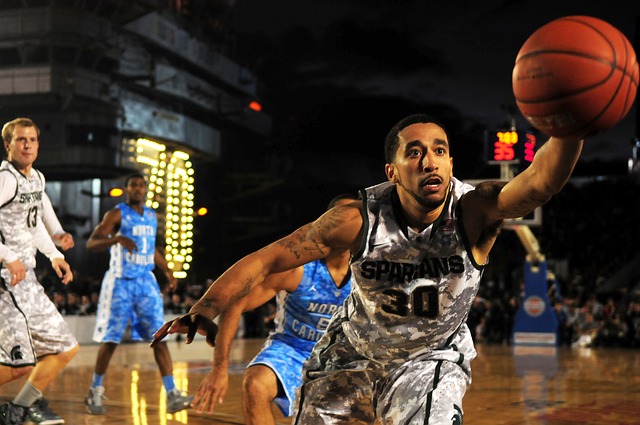Betting on underdogs on TonyBet is a popular part of sports culture. Whether it’s a team in a big tournament or an athlete against a champion, there’s excitement in supporting the less favored side. This interest comes from psychological factors that affect how we think and act, which helps explain our love for a good upset.
The Allure of the Underdog Narrative
People are naturally attracted to interesting stories. The underdog story highlights how the weaker party can win against tough challenges. This theme connects with us, symbolizing hope and strength. Underdogs show that hard work, determination, and a bit of luck can lead to amazing results.
This theme is found everywhere. You’ll see it in books, movies, and real life. From classic tales like David and Goliath to today’s films, the underdog’s journey captures our attention. These powerful stories motivate us to support the underdog, making betting on them more about emotion than just money.
Risk and Uncertainty

Betting on underdogs is riskier and more uncertain. When we bet on favorites, the outcome feels predictable and less exciting. But betting on an underdog offers the chance for big rewards and thrilling moments.
This comes from our natural desire for excitement. The possibility of an upset gives us an adrenaline rush. This high-stakes thrill can be addictive, bringing bettors back again and again to enjoy the excitement of the unexpected.
Cognitive Biases at Play
Several mental shortcuts explain why we prefer betting on underdogs. One is the “hot hand fallacy.” This means people believe that if an underdog has done well recently, they will keep winning, even if the stats say otherwise.
Another is “confirmation bias.” This happens when fans look for information that supports their beliefs about an underdog. They focus on what the underdog does well while ignoring their flaws, making them think the underdog has a better chance of winning.
Social Dynamics and Group Behavior
The social side of betting on underdogs affects our decisions. People often follow the crowd, and when a community supports an underdog, it boosts everyone’s excitement. This creates a bandwagon effect, where people join in just because others are.
Social media makes this even stronger. Online chats, memes, and hashtags help fans feel connected while cheering for the underdog. This sense of community encourages more people to bet on underdogs to feel part of the story.
Emotional Connections and Personal Stakes

Our feelings for sports teams and athletes affect how we bet. Many fans have personal memories connected to underdogs. These connections make them want to support the underdog, no matter the odds.
When fans care deeply, a win feels great, while a loss hurts more. This strong support makes fans more willing to take risks when betting because the emotional rewards can be more important than the money.
A Celebration of the Unexpected
When we cheer for underdogs and place our bets, we celebrate the chance for something unexpected. Whether it’s a last-minute goal or a big upset, these moments highlight the thrill of unpredictability. This ends up turning every bet on an underdog into an exciting adventure.
